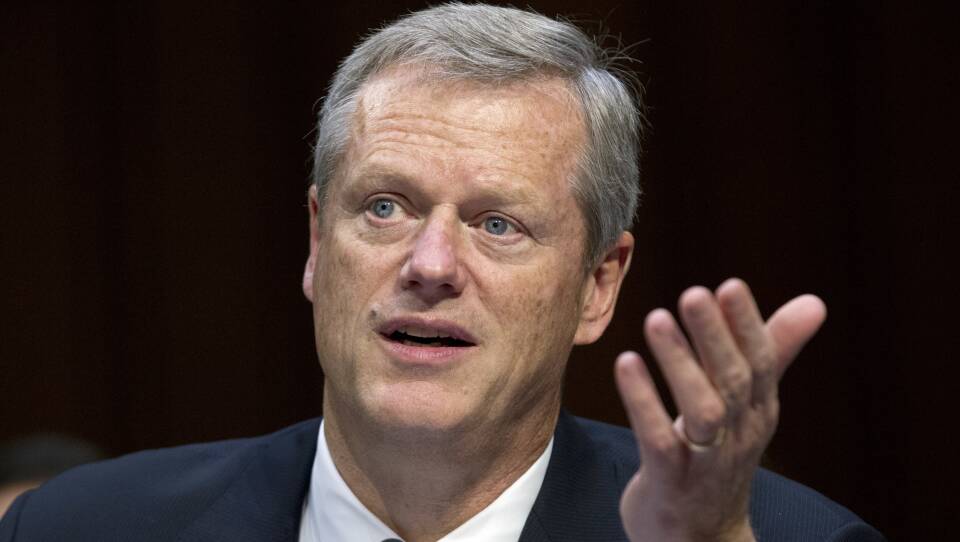It is being called the “Grand Bargain” — three measures mostly affecting retailers and workers taken off the fall ballot with a sweep of the governor's pen this morning. WGBH Statehouse Reporter Mike Deehan spoke with WGBH All Things Considered anchor Barbara Howard about what’s in the compromise and what’s not. This transcript has been edited for clarity.
Barbara Howard: Where do things stand with the signing of this bill?
Mike Deehan: Well the minimum wage is going to go up to $15 an hour by 2023 from the current $11. So, that's going to be starting in 2020 and then up a dollar until 2023 when it reaches $15.
Howard: OK, this though is not pegged to the cost of living increase as it would have been on the ballot?
Deehan: Yes, that's one of the giveaways in the grand bargain.
Howard; So after 2023 when they hit $15 an hour, what happens the following year?
Deehan: Nothing happens the following year. It's really up to lawmakers and advocates to push for another wage hike. They could either do that through the legislature or they could do it through the ballot like they did this time, but it would be a whole other political fight starting from zero to get up to $16.
Howard: Retailers won the right not to pay time and a half on Sundays and holidays, when does that go into effect?
Deehan: I believe that goes into effect next year. So those retailers will be getting the benefits of that. … that clause was really what appeased the retailers so they took off that sales tax ballot question. Again, part of the bargain.
Howard: That affects a lot of people.
Deehan: It does. I think the trade away here is thinking that if most people are making minimum wage in those jobs they're still going to get a raise. There are maybe some folks who work mostly weekends, mostly Sundays, who might actually end up earning less now.
Howard: Retailers had also pushed for — and gotten their way — on a permanent tax holiday. When is that happening?
Deehan: That is going to be set by lawmakers later this year. They typically schedule it for mid- to late August — a weekend date in there — so Saturday and Sunday would be tax free. That is capped at $2,500 and you can't get it on boats and cars and really big ticket items like that. But you could go get a new appliance or something and that would be tax free.
Howard: So any items over $2,500 would not be tax free?
Deehan: Exactly.
Howard: Now there was a worker victory — they did win mandatory paid leave. Tell me more about that.
Deehan: That's very big. It's going to take an $800 million tax increase to pay for it, but workers will have access to between 12 and 26 weeks of paid time off to care for a loved one who's injured or ill or to welcome a new child into their home. It’s going to be a percentage of your salary and it’s going to be capped at $850 per week — so it’s not going to be perfect for everybody, but it is a good amount of money. And that tax increase is going to be split between employers and employees to set up this fund.
Howard: Now, by not putting this before the voters and avoiding that on the ballot, by signing a law today, the governor avoids leaving it to the voters to decide on a more generous paid leave policy. It also removes from the ballot getting the minimum wage to $15 an hour even earlier and pegging it to the cost of living. It also removes the minimum cash wage that was to be guaranteed to tipped workers. Retailers have also been moving to drop the sales tax from that current 6.25 percent to 5 percent, but that now, of course, as we said, is off the ballot because of this compromise. That pretty much sums it up, is that right?
Deehan: That's it. That's the grand bargain in a nutshell.
Howard: OK, thanks Mike.
Deehan: Thank you.
Howard: That's WGBH Radio's Mike Deehan. This is All Things Considered.



